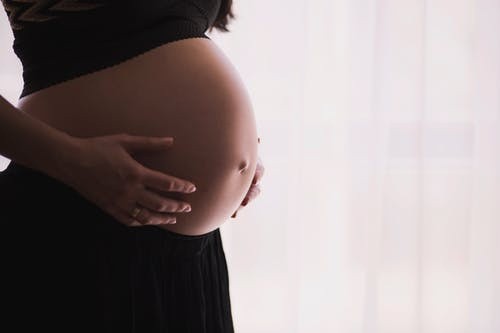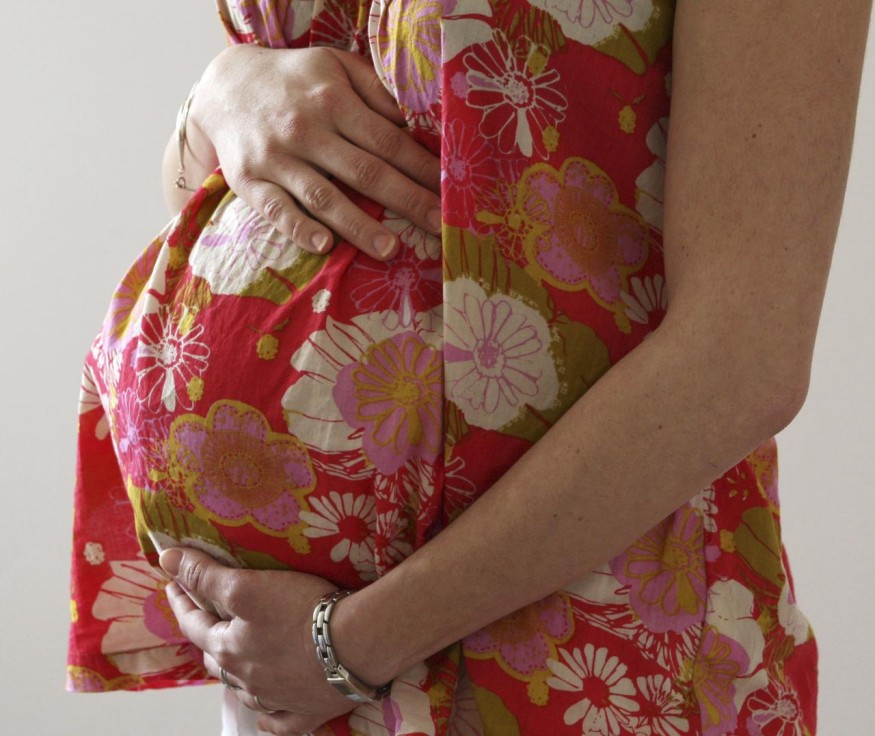Does Diet During Pregnancy Affect the Baby?

It is a common understanding that what a pregnant woman eats and what she is exposed to can have a lasting effect to the fetus. According to an article published in Healthline, researchers are learning more about how diet during pregnancy and how a woman delivers her child can affect the infant's developing allergies.
Two new studies were presented in the American College of Allergy, Asthma, and Immunology during their annual meeting (ACAAI). The studies show that a pregnant woman's diet, how she delivers the child, and how she feeds her baby can all have an impact to the infant's health later on in life.
The first study examined more than 158,000 samples and these children have food allergies, eczema, asthma, and hay fever. The the experts also did an anecdotal record of how the child was delivered and if whether they were breastfed or not. Dr. David Hill, an allergist, said that vaginal delivery is associated with low rate of allergic development. Hill added that while it is true that a mother cannot control how she will deliver her child, breastfeeding may be helpful in reducing the development of allergies of a child.

The second study aims to establish a relationship between diet during pregnancy and child's development of eczema and food allergy. According to Dr. Carina Venter, a woman who has a poor diet diversity and has a history of allergy were more likely that the child will develop eczema or food allergies. Statistically, 33 percent of the child having allergies was recorded due to poor dietary practice of the pregnant woman.
The development of allergies can be significantly observed as the child reaches the age of 2. The result of the secod study is based from 1,315 pregnant women who have poor dietary practice and have an allergy history. Moreover, 21 percent of children whose mother ate a more varied food whether or not they have history in allergy has also observed to develop eczema or food allergy.
Hence, it is very important to note that pregnant women having history in allergy must be cautious in their food to avoid the development of eczema and food allergy among their child. Venter added that the study is an indication that everything starts from womb.
However, Dr. Jennifer Savitski, chair of the OB-GYN in Cleveland Clinic Akron General opposed the studies presented. She said that there is a need for a more study confirming the relationship between food allergy and the development of eczema towards diet during pregnancy, how she delivers the child, and how she feeds the baby.
Stacey Galowitz, an allergy specialist from New Jersey, supported the statement of Savitski. She said that the findings of the two studies may make a headline but these are not new anymore. She added that until now the idea of diet during pregnancy, delivery of the child, and breastfeeding cannot yet be included in the international guidelines. However, she said that pregnant women must eat healthy food during their pregnancy period.
Read more: Mom's Diet in Pregnancy Can Affect Child's Allergies and How does diet during pregnancy impact allergies in offspring?
Subscribe to Latin Post!
Sign up for our free newsletter for the Latest coverage!
© 2026 Latin Post. All rights reserved. Do not reproduce without permission.














